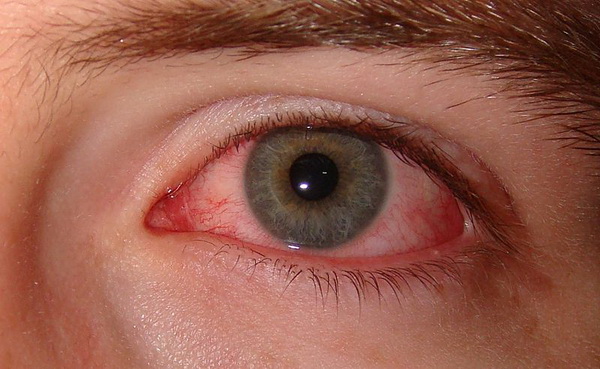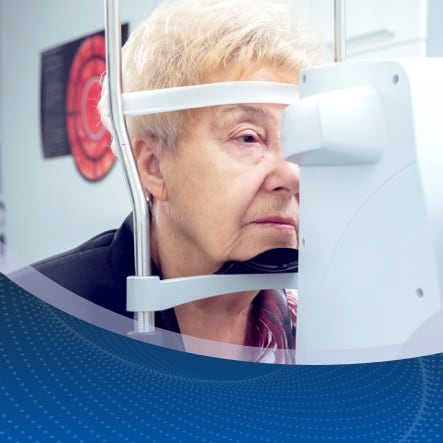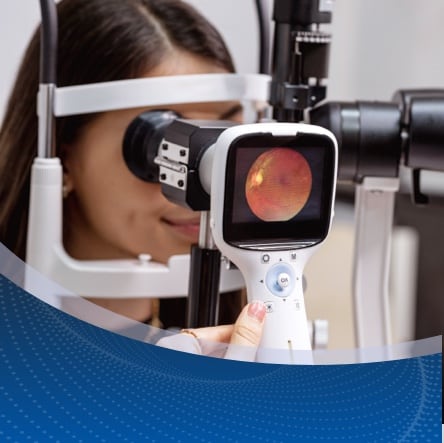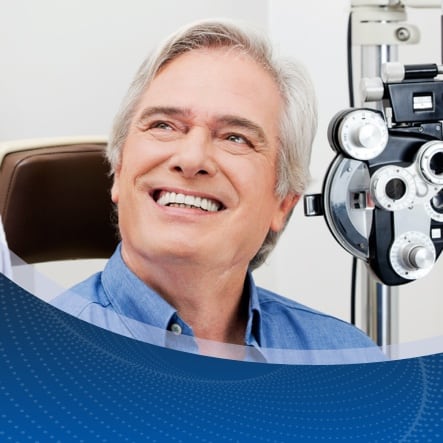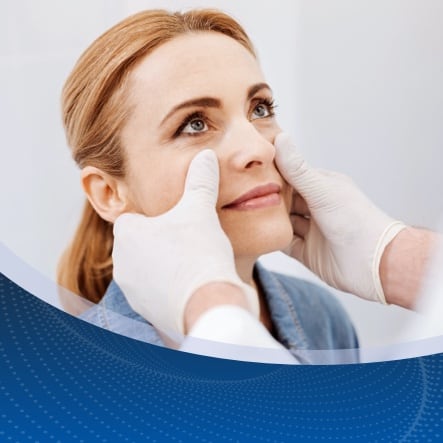Dry eyes can be uncomfortable with symptoms that might not be noticeable at first. Many individuals report the sensation of having a foreign object in their eye, or they might find their eyes tire easily. Contacts might no longer fit comfortably. “Your eyes may sting, burn, and water. You may find you have trouble reading or seeing the computer screen after extended periods,” says Dr. Paul Griffey, a distinguished ophthalmologist at Griffey Eye Care and Laser Center.
What Causes Dry Eyes?
Knowing what causes dry eyes is important in addressing the issue correctly. The condition can stem from various factors, including:
- Side effects of certain medications like antihistamines and nasal decongestants
- Dermatological conditions affecting the eyelids
- Hormonal changes, particularly during pregnancy
- Environmental factors like allergens
- Prolonged periods of screen time leading to infrequent blinking
- Autoimmune disorders such as Sjögren’s syndrome, lupus, and rheumatoid arthritis
- Chronic eyelid or lacrimal gland inflammation
- Compromised eyelids during sleep, known as exposure keratitis
- Desensitization of the cornea due to long-term contact lens use
- Intake of excessive vitamins
- Hormone replacement therapies
Recognizing the Symptoms
What are the symptoms of dry eyes? They’re diverse and can affect anyone, though they’re particularly prevalent among older adults and women. The National Eye Institute notes that nearly 5 million Americans aged 50 and above experience dry eyes, with women making up around 60% of these cases. “As women go through hormonal changes, they often develop dry eye syndrome,” Dr. Griffey explains.
Symptoms of dry eyes can vary greatly from person to person, but common indicators include:
- A stinging, burning, or scratchy sensation in the eyes
- Difficulty with nighttime driving due to glare
- Eye fatigue after short periods of reading or screen time
- A feeling of having something in your eyes
- Redness and irritation in the eyes
- Mucus formation in or around the eyes
- Increased eye discomfort after exposure to wind or smoke
- Watery eyes, which is the body’s response to the irritation of dry eyes
- Blurred vision or eye fatigue that worsens as the day goes on
Choosing the Right Dry Eyes Treatment
Treating dry eyes is vital for maintaining eye health and improving overall quality of life. Here are various treatment options that have been effective in managing this condition:
- Artificial Tears and Ointments: Over-the-counter artificial tears can provide temporary relief. For more persistent dry eyes, special ointments or gels may be used, especially before bedtime.
- Prescription Eye Drops: Certain prescription eye drops, like those containing cyclosporine or lifitegrast, can help manage symptoms by stimulating tear production.
- Punctal Plugs: A small device called a punctal plug can be inserted into the tear ducts to slow the drainage of tears, which can help keep the eyes more lubricated.
- Meibomian Gland Expression: A procedure to clear blocked oil glands in the eyelids can improve oil flow into the tears, preventing evaporation of the tear film.
- Warm Compresses and Eyelid Massages: Gentle heat and massage can help improve the function of the oil glands in the eyelids.
- Omega-3 Fatty Acid Supplements: Omega-3s found in fish oil can help improve the oily composition of the eye’s natural tear film.
- Lifestyle and Environmental Changes: Adjusting screen time habits, using a humidifier to add moisture to the air, and wearing wraparound glasses to shield eyes from wind can alleviate symptoms.
Book Your Appointment at Griffey
“If drops are not enough, there are several other steps we can take to improve the patient’s dry eyes,” Dr. Griffey emphasizes. This may include prescriptions meant to enhance tear production or minor procedures to adjust the natural tear-draining mechanisms or correct eyelid position.
Griffey Eye Care and Laser Center focuses on ensuring your eyes receive the best care. Make an appointment with one of our experienced eye specialists. Our teams in Chesapeake and Virginia Beach are at your service to help protect and improve your eye health.
**Please note that the suggestions provided in this blog are for general informational purposes only and may not be suitable for your specific insurance plan and dry eye needs. It is important to consult a qualified healthcare professional for personalized advice and treatment.**


